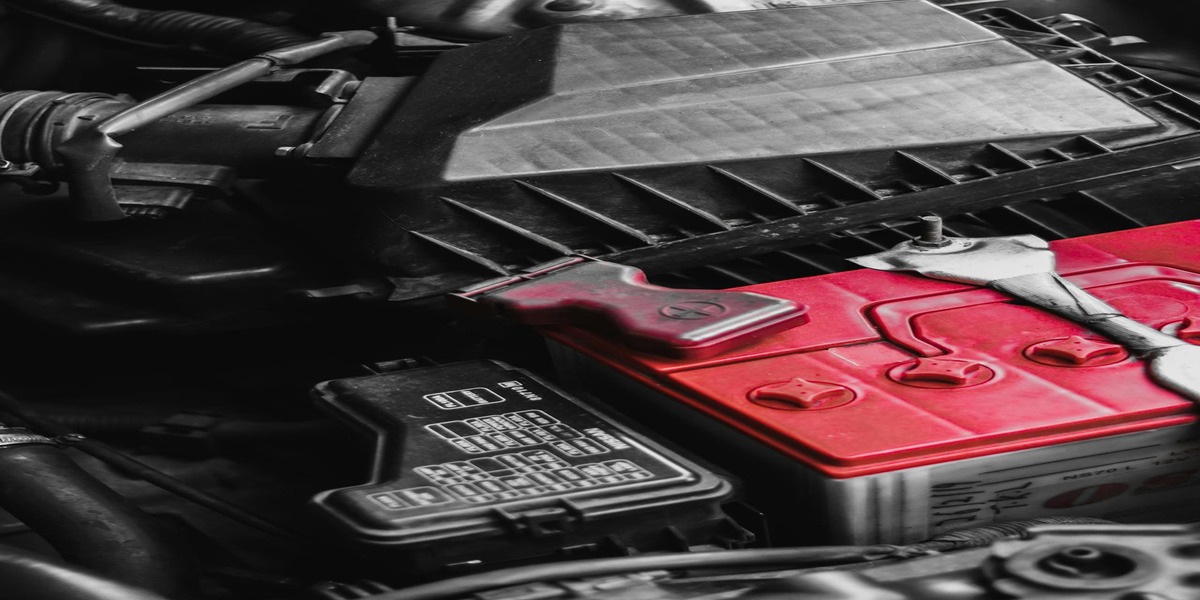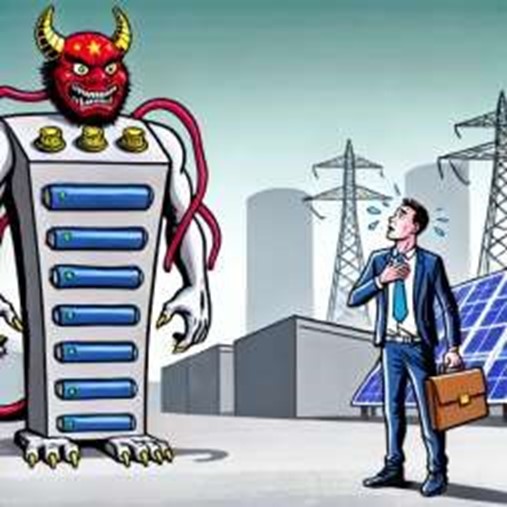China's Lithium-Ion Battery Dominance: Explained

China's leadership in the lithium-ion battery industry results from multiple interwoven factors.
Robust Government Support
Central to this dominance is robust government support. Substantial subsidies and favorable regulations have fuelled rapid growth, while strategic investments in research and development have driven technological advancements. This proactive stance has enabled Chinese manufacturers to stay ahead in innovation and production capabilities.
Integrated Supply Chain
An integrated supply chain further bolsters China's position. Controlling a significant portion of the global supply of critical raw materials like lithium, cobalt, and nickel, China benefits from vertical integration, reducing dependency on external sources and enhancing efficiency.

Large-scale Production
Large-scale production capabilities have also allowed Chinese companies to capitalize on economies of scale, lowering costs and increasing competitiveness.
Technological Prowess
Technological prowess is another key factor. Continuous R&D investments and collaborations with leading academic institutions have significantly improved battery chemistry, energy density, safety, and lifecycle. Adopting advanced manufacturing techniques, such as automation and AI, has enhanced production quality and efficiency.
Market Demand In China
Market demand within China also plays a crucial role. As the largest electric vehicle market and with strong renewable energy initiatives, domestic demand for lithium-ion batteries remains high. Additionally, a thriving consumer electronics market further drives the industry's growth.
Competitive Pricing
Cost competitiveness, aided by lower labor costs and government subsidies, allows Chinese manufacturers to offer competitive pricing. Strategic global expansion through international partnerships, acquisitions, and strong export capabilities has extended its market reach.
Skilled Workforce
Lastly, a skilled workforce, strengthened by educational initiatives, supports the high-tech demands of the industry. Together, these factors create a formidable foundation for China's global lithium-ion battery market leadership.
While the Chinese lithium-ion battery industry holds a significant lead, other regions can catch up or leapfrog through strategic innovation, government support, supply chain diversification, advanced manufacturing, and sustainability efforts. By leveraging the right strategies, manufacturers outside China can position themselves as competitive global lithium-ion battery market players.
For new entrants, it might be better to skip the current lithium-ion technology and focus on industrializing next-generation energy storage solutions. In addition to all the above, a larger and strategic investment in R&D would be required. While challenging, the potential rewards include establishing a leadership position in the emerging energy storage market and driving the future of clean energy.
Frequently Asked Questions
1. How much subsidy has the Chinese government provided to the lithium-ion battery industry?
The Chinese government has provided substantial subsidies amounting to over $60 billion in various forms, including direct financial support, tax incentives, and low-interest loans.
2. How many gigafactories are currently operating in China?
As of 2024, China boasts over 60 gigafactories dedicated to lithium-ion battery production, making it a global leader in large-scale battery manufacturing.
3. What is the market demand for lithium-ion batteries within China?
China is the world's largest market for electric vehicles, with over 1.3 million EVs sold annually. The renewable energy sector is also substantial, with China leading globally with over 280 GW of installed wind power capacity and more than 300 GW of installed solar power capacity.
The consumer electronics market is vast, with revenues exceeding $150 billion annually, driven by high domestic demand for smartphones, laptops, and other devices.
4. How many experts does the Chinese market require to support its lithium-ion battery production?
The Chinese lithium-ion battery industry requires approximately 300,000 skilled professionals across various fields, including engineering, research and development, production, and quality control, to meet the demands of its extensive manufacturing operations.
Comments
No comments yet. Be the first to comment!
